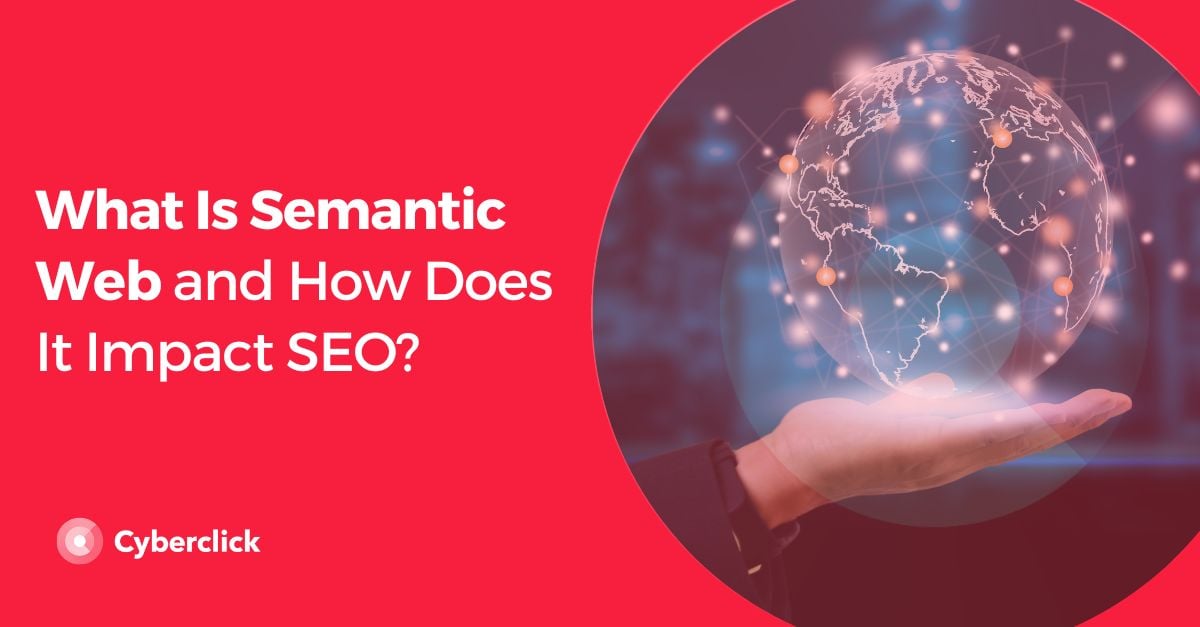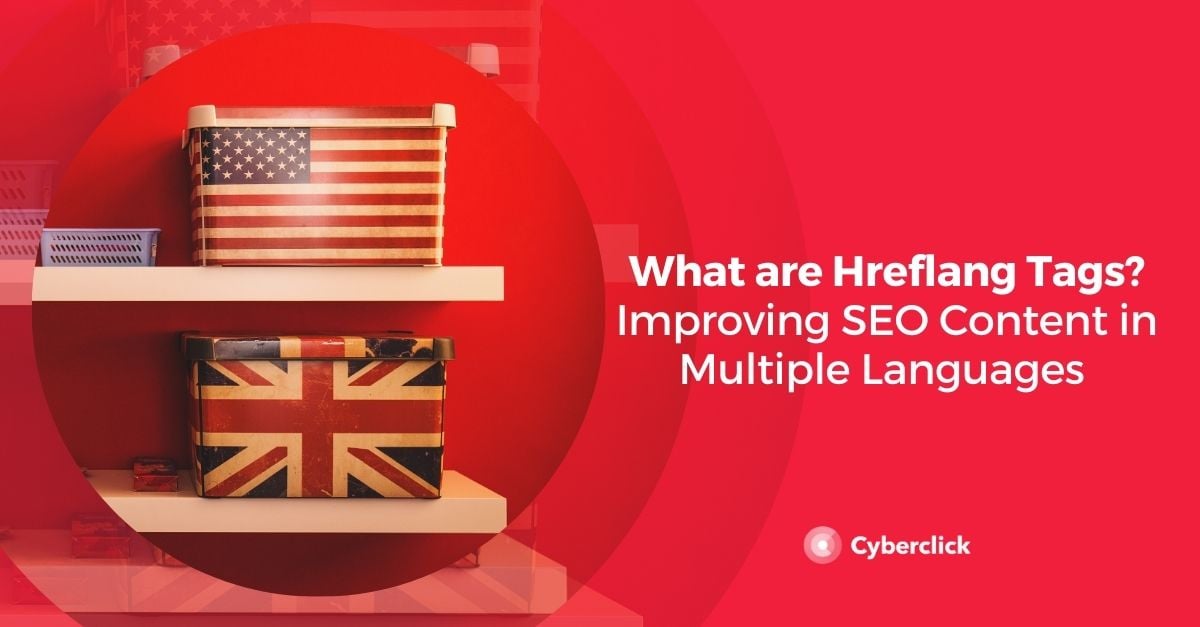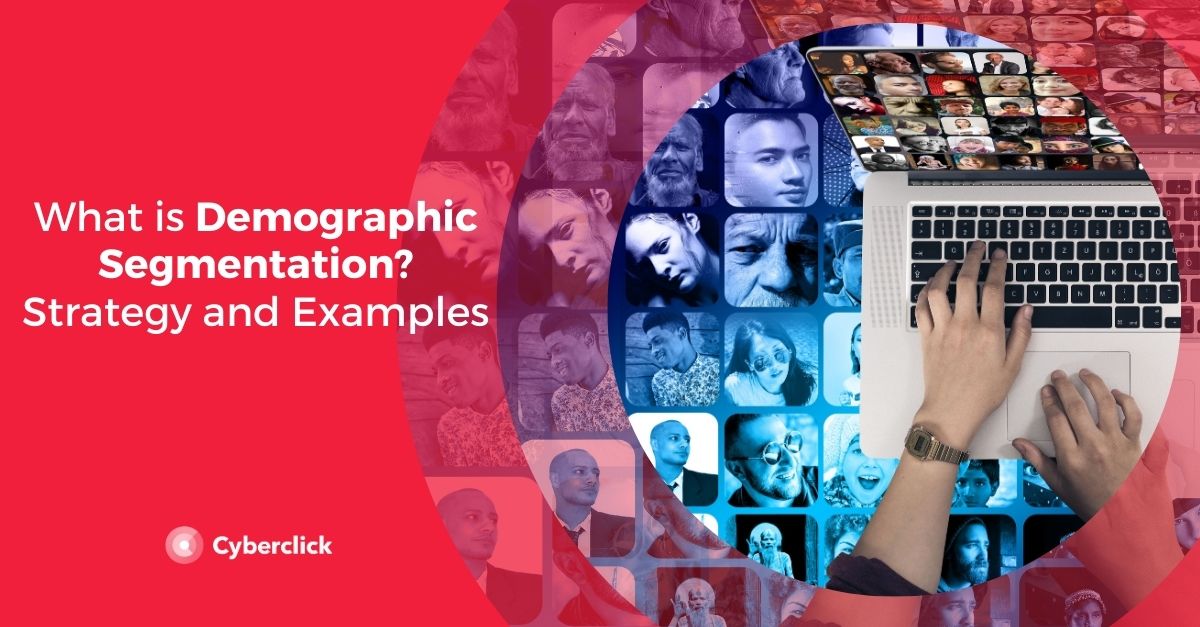Search engines and their algorithms do not stop evolving, as do the expectations of users.
In recent years, we have experienced a paradigm shift that has made us rethink our way of doing SEO. We are referring, of course, to the semantic web. Read on as we explain exactly what this new development consists of and how you can apply it in the world of marketing.

What Is Semantic Web?
The semantic web is a development of the World Wide Web where data in web pages is structured to be easily read and understood by computers. The information is gathered and processed so that search engines can understand the meaning of the documents they find and index, rather than simply placing them in a list. This way, the search engine is able to interpret the context of the information and not just its literal meaning.
The official definition of the World Wide Web Consortium is as follows:
The term “Semantic Web” refers to W3C's vision of the Web of linked data. Semantic Web technologies enable people to create data stores on the Web, build vocabularies, and write rules for handling data.
There are several terms that refer to the semantic web:
- Web 3.0: this evolution originates from adding page-readable meanings to the interactive and collaborative Web 2.0, which in turn emerged from the static “Web”, or 1.0.
- Giant Global Graph (GGG): this term describes the global structure of information based on the semantics of metadata and content.
- Linked Open Data: this concept emphasizes metadata standards, query routines, and interconnected semantic data.
- Web of Data: this term groups together the syntactic and semantic network of data and was introduced by the World Wide Web Consortium.
What Does Semantic Web Do?
What the semantic web does is add semantic information to the contents of websites. In this way, search engines are able to understand the context around a piece of information and attribute the appropriate meaning to it.
The Fundamentals of Semantic Web
To understand what the semantic web really is and how it differs from previous versions, we need to understand the basics of the structure.
The web is based on standards such as HTML (the markup language used in documents as a web page), URLs (a description of the address where a document is located) and HTTP (the transmission protocol for structuring data).
But these standards are not semantic. HTML documents rarely define what their content means. Although they often include metadata to help contextualize them, their informational value is limited. On the traditional web, machines can locate content by URL, but they cannot recognize its meaning.
The semantic web, therefore, adds this layer of meaning to the web through elements such as entities and ontologies. Thus, machines can not only "see" the address of a piece of content and its structure, but also understand its meaning.
What Are Entities and Ontologies?
Entities and ontologies are two fundamental components of the semantic web.
An entity is a "thing" that is referenced within a piece of content, such as a famous person, landmark or object. Google classifies entities into multiple different types, such as people, events, works of art, consumer products, phone numbers and addresses, and so on.
More generally, entities can be classified into two categories: proper nouns, which are assigned to single entities, and common nouns, which refer to broader things.
The latest algorithms of search engines such as Google are able to distinguish these entities and establish the relationships between them. When there are two or more entities related to each other, they become ontologies, that is, ordered sets of information and logical statements formulated in a human or machine readable way that establish connections and show relationships.
In short, entities and ontologies are what allow machines to understand the relationships between words, sentences, images, and symbols in order to interpret web content.
Semantic Web in Digital Marketing
For marketers, the semantic web means that the SEO techniques we used successfully just a few years ago are outdated and it is time to rethink our strategy.
Instead of placing specific keywords in specific places, we need to think about what user questions we want to answer and provide search engines with the structure they need to understand where the information is located within our website.
Therefore, we have to focus on making our content as meaningful as possible and use structured data to make it easier for search engines to understand the information. In this way, we will be able to continue appearing on the first page of search results and attract quality traffic to our sites.
Inbound Marketing Strategist en Cyberclick. Graduada en Publicidad y Relaciones Públicas por la UPF. Responsable de la estrategia de inbound marketing, creación de contenidos digitales y posicionamiento web. Gestión del CRM con la herramienta HubSpot.
Inbound Marketing Strategist at Cyberclick. Helena holds a degree in Advertising and Public Relations from UPF. She specializes in inbound marketing campaigns, digital content creation and web positioning, with experience in CRM management and HubSpot.






Leave your comment and join the conversation